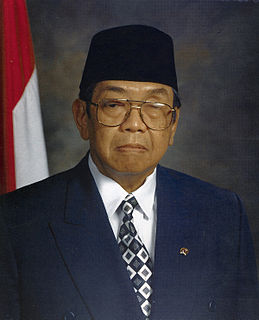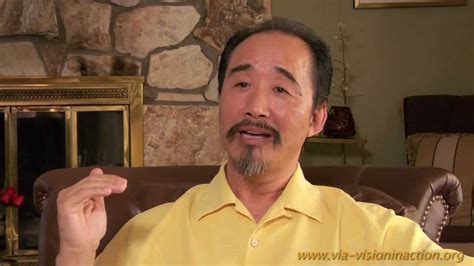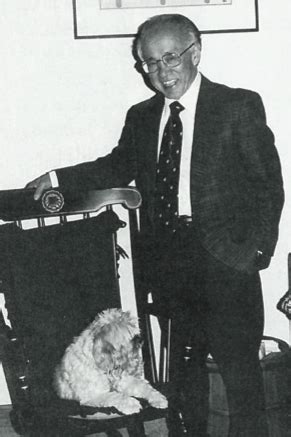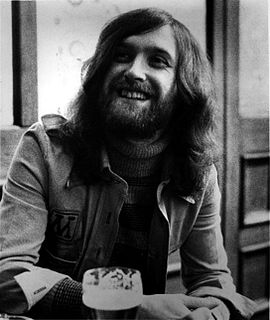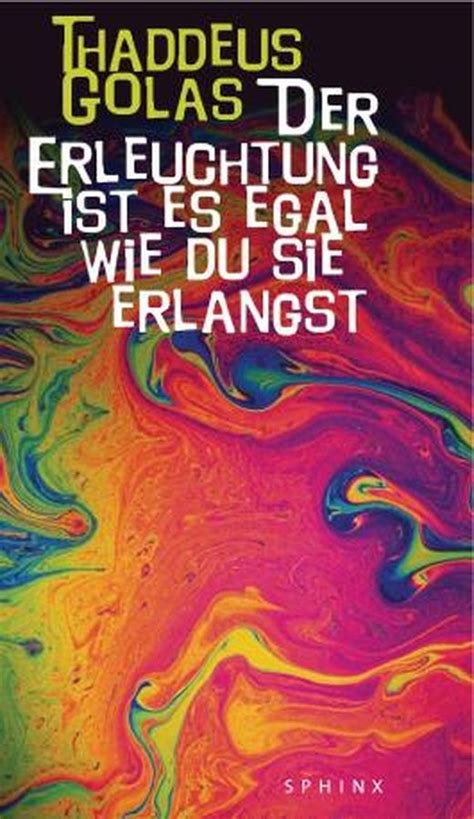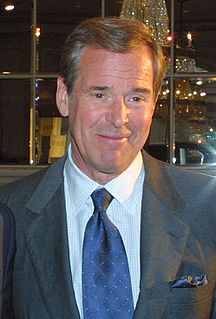A Quote by bell hooks
Many spiritual teachers - in Buddhism, in Islam - have talked about first-hand experience of the world as an important part of the path to wisdom, to enlightenment.
Related Quotes
I'd met so many enlightened spiritual teachers that it became a challenge to select one. I believed in the oneness of spirituality - unconditional love for God, and unconditional compassion for the beings of this world - but I also understood that unless I chose a particular path, I couldn't focus and take blessings from teachers that would allow me to have deep realizations and spiritual experiences.
Authenticity is fundamental, more fundamental than spiritual enlightenment. Without authenticity, no genuine spiritual enlightenment is possible. Authenticity is the state of being committed to truth. Truth is simple. And no matter how simply a truth is stated, only those who have walked the path of understanding and evolution on their own can know and understand it authentically. The path of truth is the path least traveled. Authenticity is the clarity of being in which there is no self-deceit.
The first of the four noble truths of Buddhism, that there is suffering in life, was enormously important to me. No one had ever said it out loud. That had been my experience, of course, but no one had ever talked about it. I didn't know what to do with all the fear and emotions within, and here was the Buddha saying this truth right out loud.
As I study both the exoteric and the esoteric schools of Buddhism, they maintain that human beings are endowed with Dharma-nature by birth. If this is the case, why did the Buddhas of all ages - undoubtedly in possession of enlightenment - find it necessary to seek enlightenment and engage in spiritual practice?
There are many paths to enlightenment. Some of us who have expanded to a degree of illumination have thereafter preached the dogmatic certainty of one particular path. But enlightenment doesn't care how you get there. And if you aren't going to be thinking about it in paradise, then don't worry about it now.
To you, Christianity, Judaism, Islam, Buddhism, and Hinduism look very different, but to me they look the same. Many of you would say that something like Buddhism doesn't even belong on the list, since it doesn't link salvation to divine worship, but to me this is just a quibble. Christianity, Judaism, Islam, Buddhism, and Hinduism all perceive human beings as flawed, wounded creatures in need of salvation, and all rely fundamentally on revelations that spell out how salvation is to be attained, either by departing from this life or rising above it.
I found this website, The Experience Project, which has people write first-hand experiences of their life and what they went through. There would be a 75-year-old man who talked about his childhood or a 15-year-old girl who talked about what she is going through right now. It was amazing to read their personal thoughts.



